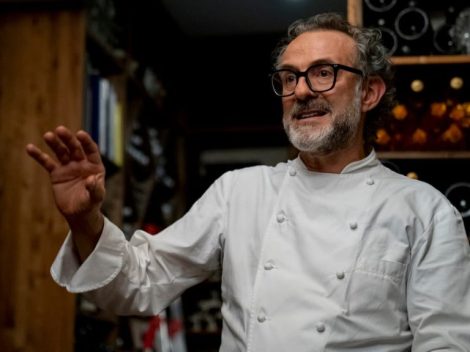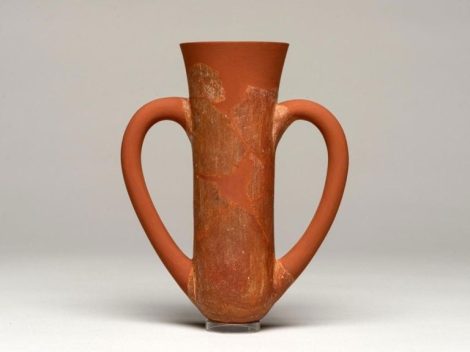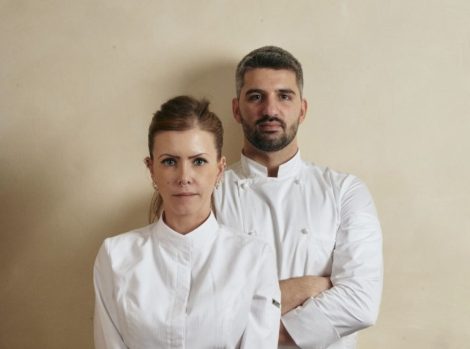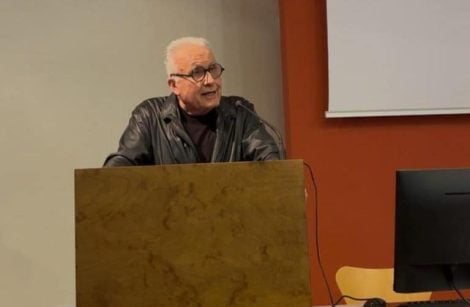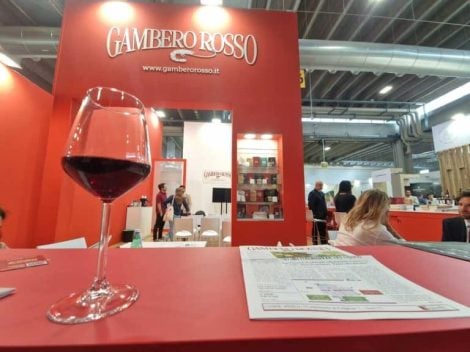The celebrities who have tasted the typical Monferrato cookies are obviously many more, and so are the accolades earned, starting with the medal at the 1884 Turin World’s Fair, followed by the diploma of ‘Royal Warrant Holder of the Duchy of Aosta’, and then of the Royal House under the reign of Umberto I. The history of the Monferrato Krumiri cookies dates back to 1870, when local pastry chef Domenico Rossi created the recipe, then officially dated in 1878.
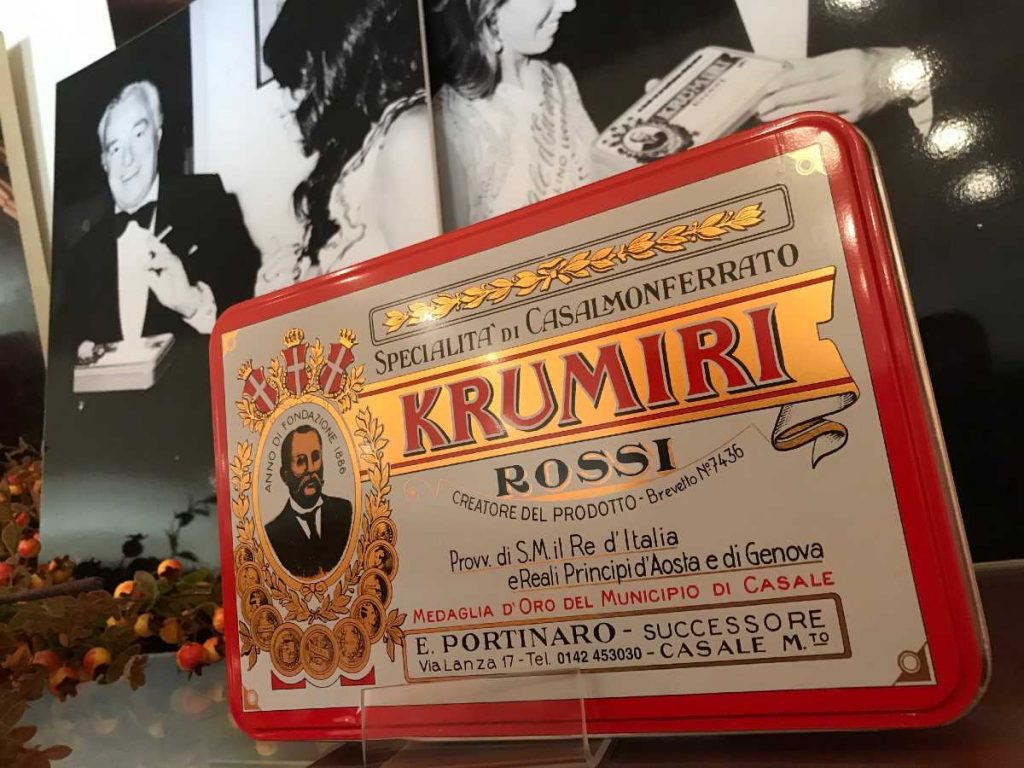
Krumiri Rossi
To get to the laboratory that still bakes the cookies that have made Casale famous all over the world, you can forget about Google Maps and rely only on your sense of smell. Their fragrance pervades the streets of the old town and leads us to Via Lanza 17, where you will often find customers waiting in line to enter the store. The recipe and the craft production have remained the same. Once the daily production is over, you just have to resign yourself and come back the next day.
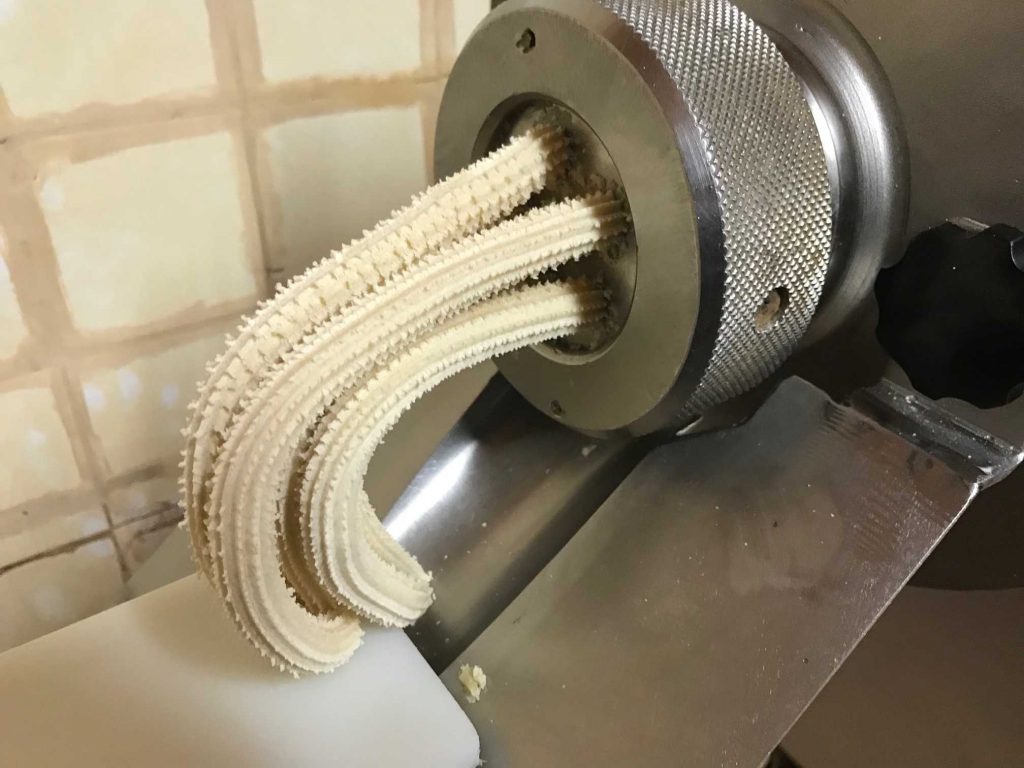
The history of Krumiri
Anna Portinaro is Ettore’s granddaughter, who in 1953 took over the business and Krumiri’s original recipe and patent, which had already been passed on from Domenico Rossi to Angelo Ariotti in the 1920s. "Next year my family will celebrate the 70th birthday of Krumiri Rossi. It will be an opportunity to tell about the many celebrities who have stopped by the store and appreciated our cookies, from Dario Fo to Pippo Baudo, from Aroldo Tieri to Gino Bramieri. The most amazing story, however, is linked to Piero Angela at the piano, Enzo Tortora, Gigi Marsico and Mario Pogliotti, at the time young employees at RAI, who composed a joyful Operina inspired by one of the poems contained in the Krumiri boxes, of which I keep the recording," says Anna.
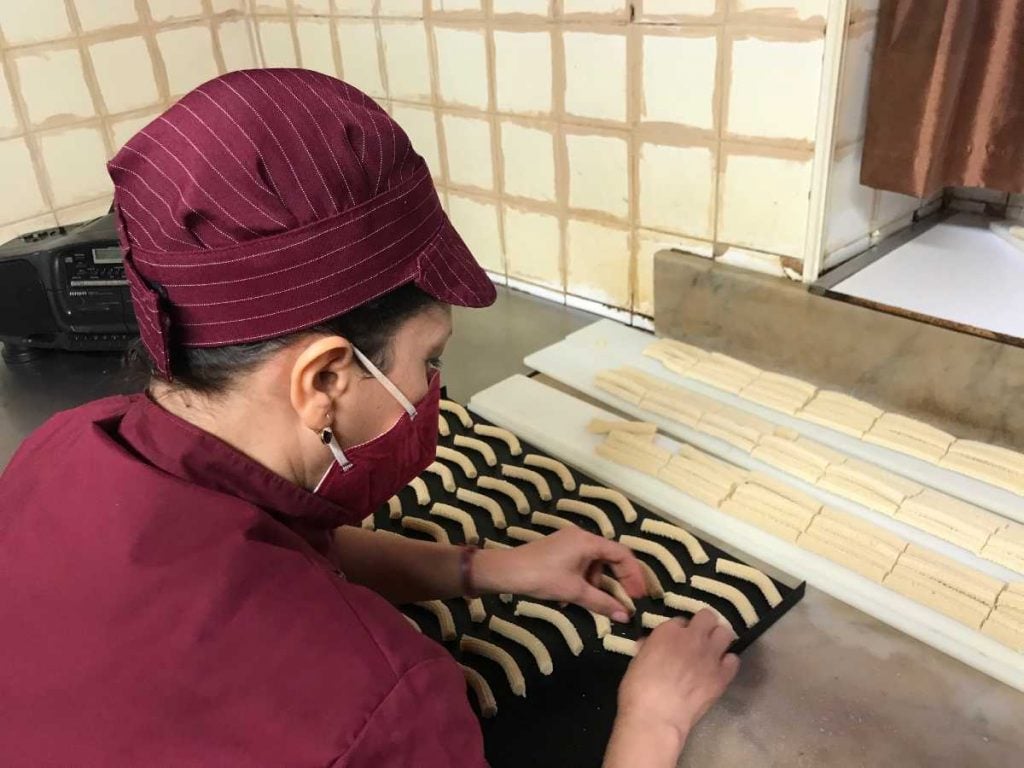
Production and recipe
Entering the shop-laboratory on Via Lanza reminisces the experience of Charlie entering the chocolate factory. It's like being a child again, just like in Roald Dahl's story: there are ladies packing up the cookies one by one in red tin boxes, gentlemen baking, others kneading and extruding while using old-fashioned machines. All wrapped up in an intoxicating bubble of freshly baked sweets. The recipe is always the same: soft wheat flour, fresh eggs (broken by hand to preserve the yolk integrity), butter, sugar, vanillin. No water is used, only eggs and butter that soften the dough, which sits out at cool temperature for a day before baking.
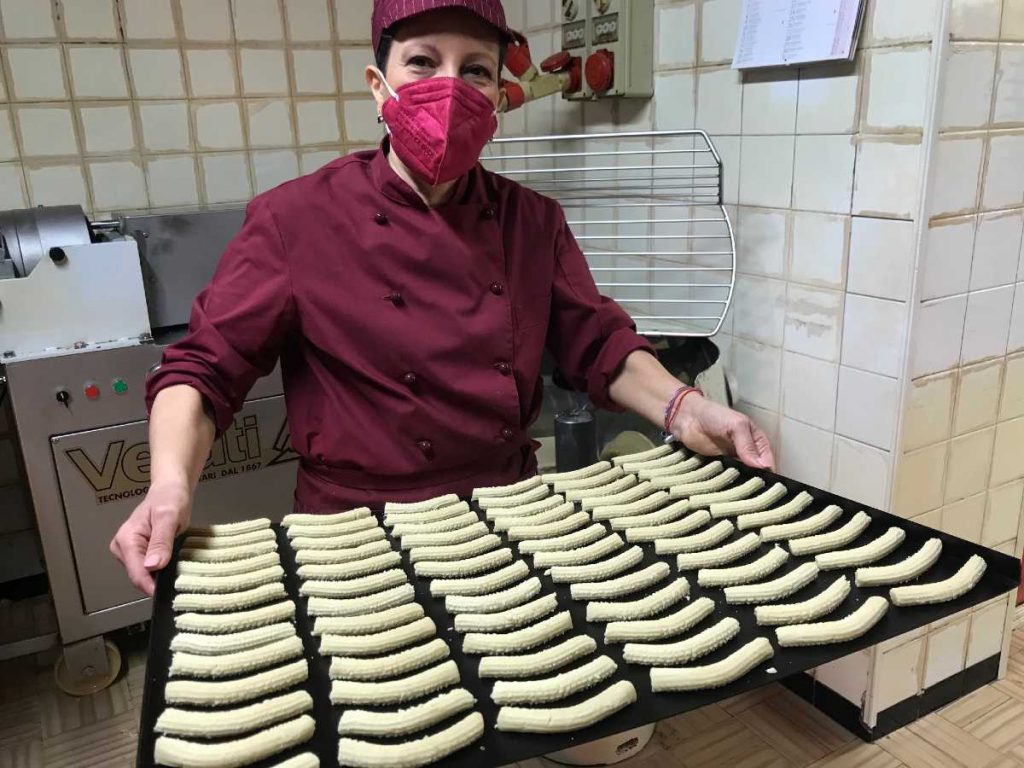
"During the peak production period from September to January we use both of our two ovens, but that’s it: switching to industrial production would be another story," asserts Anna Portinaro, pointing out that "even the shipped boxes are prepared no more than two days before departure, and we recommend enjoying the product within seven months."
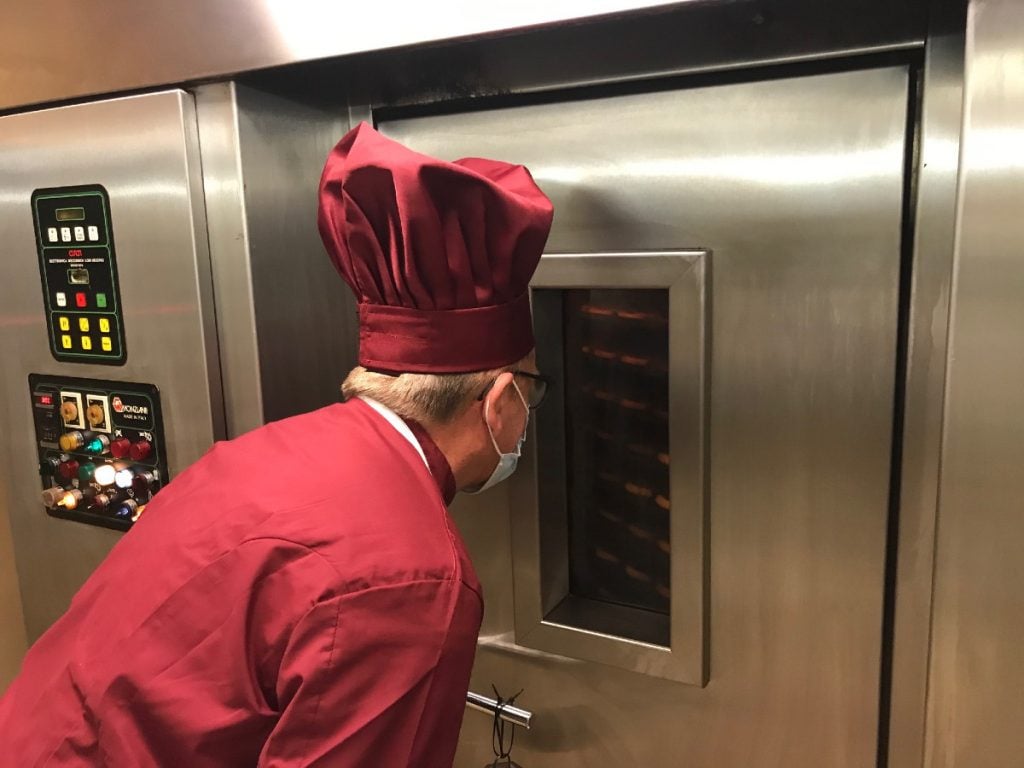
Casale was once home to a thriving Jewish population, now smaller. However, many are the activities that still today revolve around the beautiful synagogue, one of the most beautiful in Italy, and the Kosher certified cookies are present in some initiatives that keep this old town tradition alive. In the store there is always a good customer flow, and the Krumiri can also be purchased in bulk, stored in wooden drawers and sold by weight. A large share of the production is still sold throughout the city.
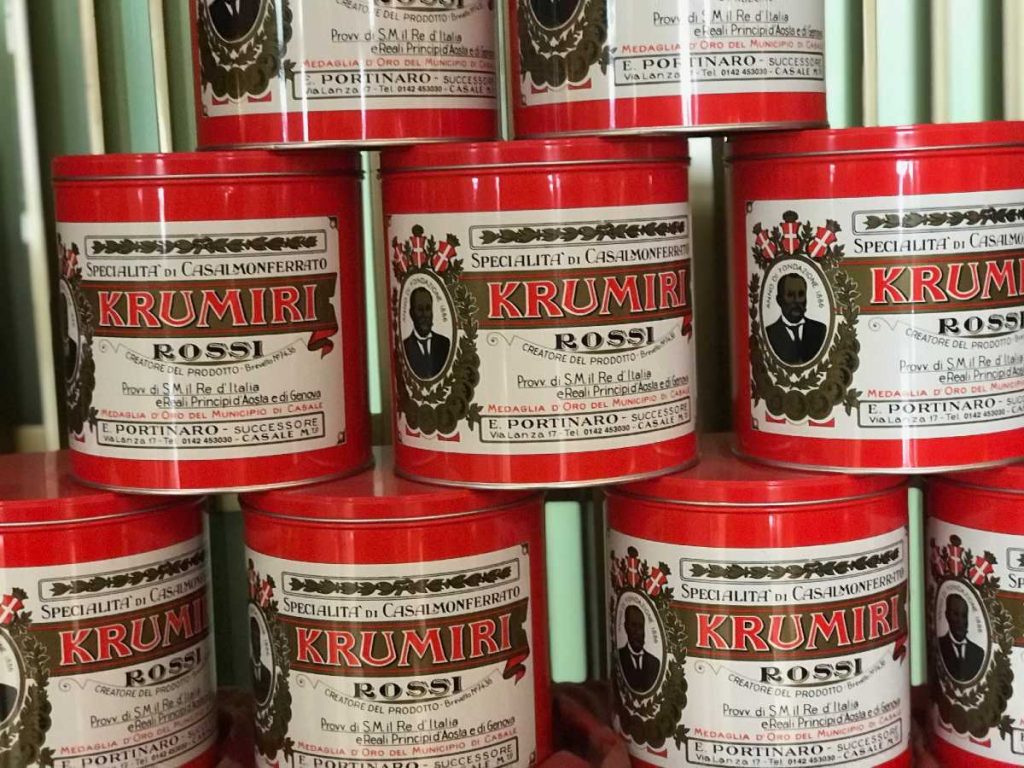
Name and shape
The question remains: which is the best pairing among afternoon tea, zabaglione, raisin wine, and chocolate liqueur? There is obviously no right answer, everyone has its own taste, even if the match with liqueur suggests a return to the origins. It seems indeed that the name ‘Krumiro’ derives from a liqueur in vogue at the time of Domenico Rossi, in turn inspired by that of a Berber tribe of present-day Tunisia. Khoumir or kroumir was its name, then used as derogatory term to refer to the North African immigrants in France who were used by the bosses to replace striking workers. However, there is no certainty about the consequentiality of the events. More certain is the fact that the crescent shape of the Monferrato cookies was a tribute by Domenico Rossi to King Victor Emmanuel II, who died in 1878. Famous for his handlebar moustache, he most probably inspired the pastry chef. And, after almost 150 years since their birth, one can only agree with Bill Clinton who wrote "Wonderful krumiri" in a thank you message for a gift of Italian products.
by Dario Bragaglia

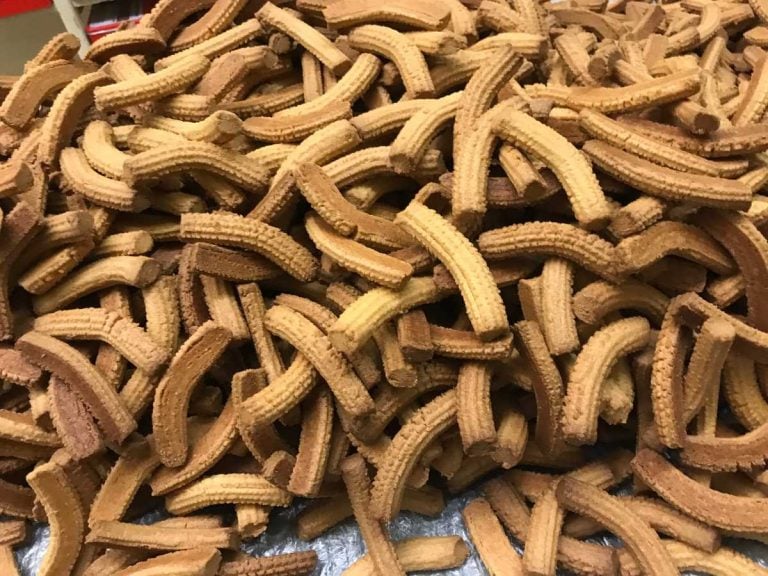
 US tariffs: here are the Italian wines most at risk, from Pinot Grigio to Chianti Classico
US tariffs: here are the Italian wines most at risk, from Pinot Grigio to Chianti Classico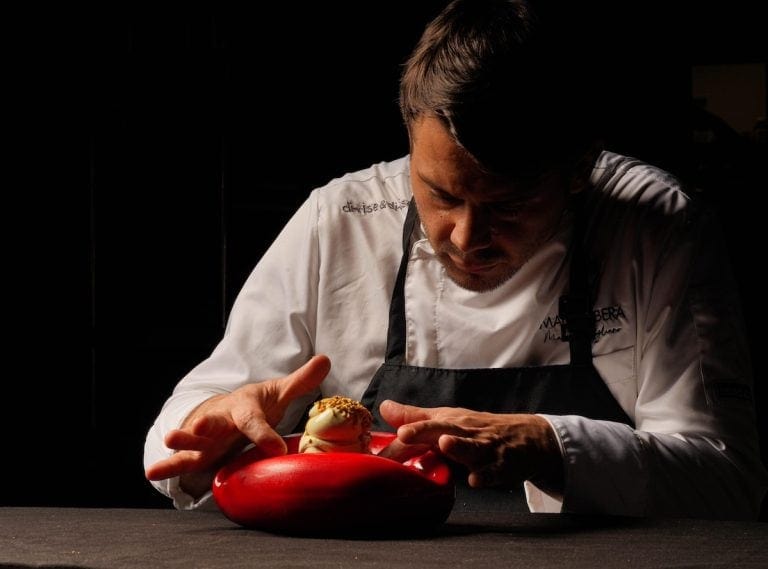 "With U.S. tariffs, buffalo mozzarella will cost almost double. We're ruined." The outburst of an Italian chef in Miami
"With U.S. tariffs, buffalo mozzarella will cost almost double. We're ruined." The outburst of an Italian chef in Miami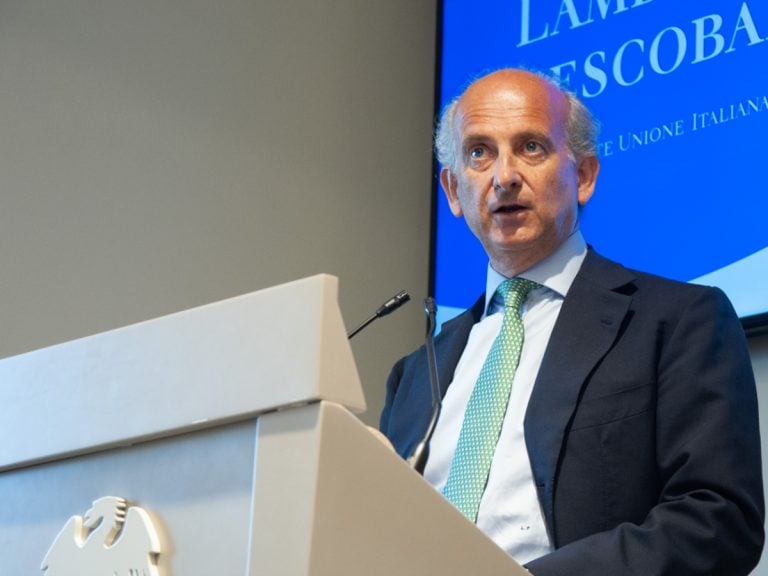 "With US tariffs, extremely high risk for Italian wine: strike deals with buyers immediately to absorb extra costs." UIV’s proposal
"With US tariffs, extremely high risk for Italian wine: strike deals with buyers immediately to absorb extra costs." UIV’s proposal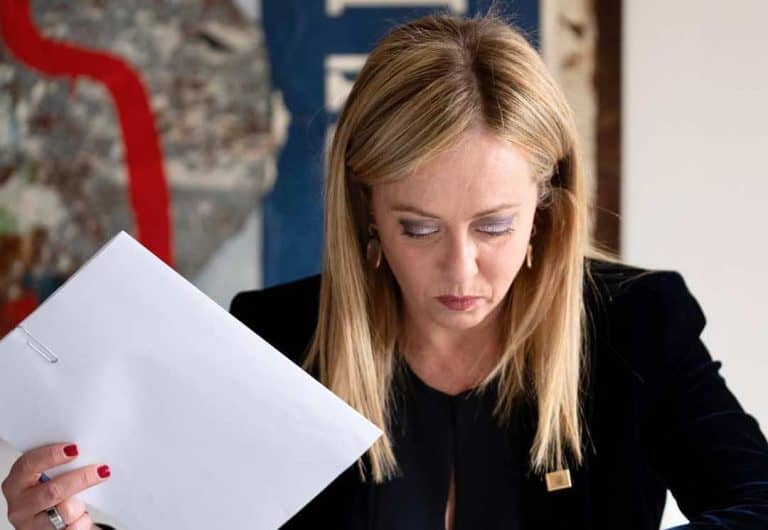 Meloni: "Tariffs? If necessary, there will be consequences. Heavy impact on agri-food sector"
Meloni: "Tariffs? If necessary, there will be consequences. Heavy impact on agri-food sector"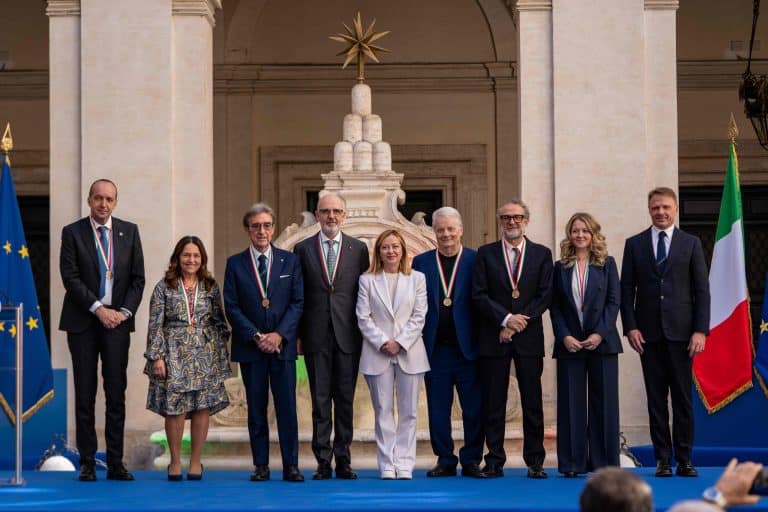 The Government honours the greats of Italian cuisine, from Bottura to Pepe. Massari: "Thank you, Meloni, the only one who listened to us"
The Government honours the greats of Italian cuisine, from Bottura to Pepe. Massari: "Thank you, Meloni, the only one who listened to us"